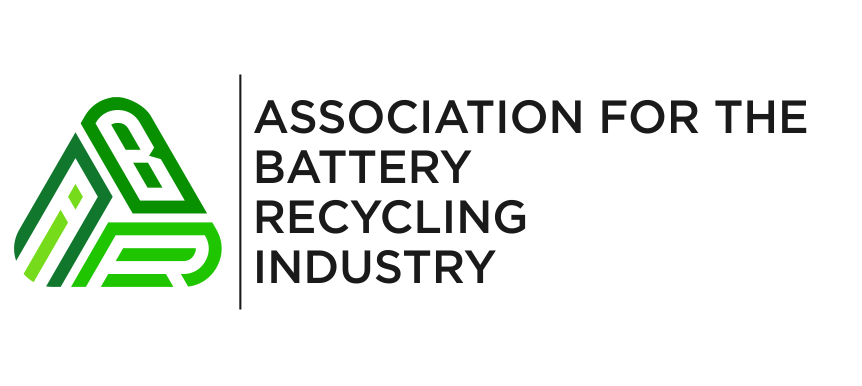30 August 2024
1. ADG 7.9 introduction - Johnson Winter Slattery information paper - online discussion (1pm, 9 Sept)
ABRI member Johnson Winter Slattery is developing an information paper for ABRI members on the upcoming changes to the Australian Dangerous Goods Code (version 7.9). To inform the paper, JWS and ABRI are hosting an online discussion session with Richard Graham, Partner, and Alexandra Neovius, Special Counsel on Monday 2 September. Registration.
ADG 7.9 will commence on 1 October 2024, with a 12 month transition period. You should check with the relevant competent authority (regulator) in your state or territory as to when 7.9 will apply in your state or terriotry.
The following documents are now available on the NTC website:
ADG 7.9, excluding Appendix C – Emergency Action (Hazchem) Codes
ADG 7.9, Appendix C – Emergency Action (Hazchem) Codes. This appendix reproduces information that is subject to a copyright agreement that prohibits it from being printed or copied from. It has been produced separately to the main text in ADG 7.9 to enable stakeholders to print and copy from the main text.
Overview of differences between 7.8 and 7.9
Dangerous Goods List in Excel format
2. LAST CHANCE TO REGISTER - Improving lithium ion battery safety management - presentation and Q&A session (2pm, 2 Sept)
ABRI is running a presentation session with an operational focus on Improving lithium ion battery safety management - gaps in current framework and prioritising improvements.
Join us in Sydney CBD (Rydges, Sydney Central) from 2-4pm on Monday 2 September for a practical discussion on lithium battery safety management:
Presentation - Frank Mendham, Director, Mendham Consultants
Panel discussion with
Andrew Battye, Manager Dangerous Goods & Explosives, SafeWork NSW
Asela Attapatu, Director, Circular Economy Policy, NSW EPA
If you are interested in attending, please email. Non-ABRI members are most welcome. However, there will be a charge for non-ABRI members.
3. Victoria - New Fire Safety Study Guidelines
In July, Fire Rescue Victoria issued its first Fire Safety Study Guideline (No. 54).
The purpose of this guideline is to provide industry with high-level information on the development of a Fire Safety Study for a facility. Relevant to the battery sector are facilities which contain: dangerous goods; hazardous goods; battery energy storage systems; and waste recycling processes.
In this Guideline, “FRV affirms that the NSW HIPAP 2 Guidelines that are published by the New South Wales Government’s Department of Planning, is the most appropriate technical reference document for industry to utilise when developing a FSS [Fire Safety Study].”
4. FCAI, MTAA and VCAI* - approach to end of life vehicle management and automotive recycling
* The Federal Chamber of Automotive Industries (FCAI) represents the automotive manufacturers and importers in Australia. The Motor Trades Association of Australia (MTAA) supports and advocates for the interests of the automotive repair and service industry nationally. The Victorian Automotive Chamber of Commerce (VACC) supports and advocates for the interests of the automotive repair and service industry in Victoria.
FCAI, MTAA and VACC have released a report on ways to increase automotive recycling through a product stewardship scheme. The report highlights “Key issues requiring further exploration and consensus include the:
adoption of nationally consistent operating standards for the vehicle recycling industry
ability to support target setting and higher material recovery levels including the accurate tracking of vehicles from cradle to grave
establishment of a well-structured and high performing product stewardship organisation to support a coregulatory scheme and to facilitate the economic recovery of materials such as plastics, glass, rubber and textiles.”
They expect further work to include:
exploration of pathways for recycling non-metal materials
understanding how Certificates of Destruction could be delivered leveraging existing industry and regulatory (government) processes
analysis of existing OEM/vehicle manufacturer dismantling and material information to determine what can be provided to and what’s needed for dismantlers
additional work on how the scheme could be funded
ABRI will continue to engage with the automotive sector to support delivery of low cost, administratively simple outcomes which boost battery recycling and materials recovery.
5. ABRI - Building the industry’s voice
3 September - ABRI CEO, Katharine Hole presentation Battery Recycling Industry in Australia, Engineers Australia, Adelaide and online, event details. Engineers Australia indicates over 400 registered attendees
29 October - ABRI CEO, Katharine Hole joining a panel on The Value in Re-mining Mining Waste - Batteries, Solar Panels and Tyres as part of the Mining, Minerals and Circular Economy stream at IMARC 2024 (Sydney)
